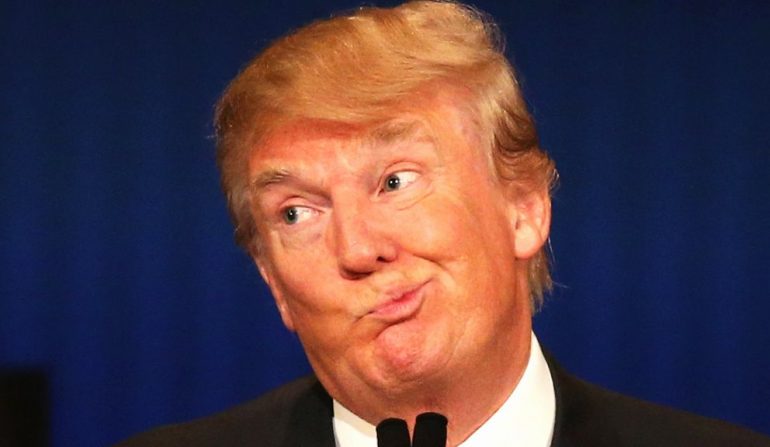From surveying democratic election results around the world, the high water mark for globalisation has been met. Free trade – always questionable economics – is now bad politics as well, and now it seems it’s jumped the shark.
We’ve seen Trump on the populist right (or wherever Trump is, as he has his own political pendulum), Bernie Sanders on the left turning US politics upside down and even forcing Hillary Clinton to reverse her position on the Trans Pacific Partnership (TPP). Ironically, the Republican Party, known as the Grand Old Party (GOP), were originally northern and protectionist, and the southern based Democratic Party backed free trade. The roles were reversed and now Trump on the right and Sanders on the left has made protectionism popular again.
We’ve seen Brexit in the UK and other populist forces across Europe largely on an anti-globalisation and anti-immigration platform.
In the Asia-Pacific, we’ve seen Duterte elected in the Philippines and nationalist impulses on the rise everywhere from Indonesia to Peru.
And now in Australia, we’ve seen the rise of Nick Xenophon, who questions free trade, the revival of Pauline Hanson (who questions both Asian immigration and trade with Asia), a fractured Senate and potentially a hung parliament. The Australian economy can survive a hung parliament – the fears that it will harm business confidence are largely exaggerated – but the presence of Pauline Hanson in the Senate (with her rhetoric of ‘Australia is being swamped with Asians’) is far more dangerous given our strong trade, investment and education links with Asia. Ken Henry may have delivered the White Paper on the Asian Century, but Pauline Hanson has revived White Australia instead.
Why has this occurred and allowed the Donalds, Nigels and Paulines of this world to thrive politically?
The first reason has been the rise of inequality in developed economies. The failure of US real wages to keep up with productivity growth, whilst the top 1 per cent of US society gets richer (including the Donald himself), explains the anger in the US. And instead of blaming labour market deregulation, it is easier to blame immigrants from Mexico and Asia, or the Federal Reserve (often disguised anti-Semitism, given 3 of the last 3 Fed Reserve Chairs have been Jewish). Ironically, if labour markets had been strengthened and workers’ rights and wages supported, free trade might have built a bigger constituency.
The second has been the failure of global economic institutions to adapt to changes in the global economy. We’ve seen the EU overextend to the brink of collapse, the WTO is as dead as a Doha, the IMF and World Bank in a transatlantic straight jacket despite the rise of Asia and the emerging economies. Instead of forging truly open trade agreements, we’ve tried to protect corporate rights alone via the TPP and its forerunner, the Multilateral Agreement on Investment (MAI). If global institutions can’t even aim to have a level playing field, then no wonder large parts of the constituency retreat into isolationism and protectionism.
And finally, it’s the political salesmanship of free trade. If the Politicians who promote free trade deals are also advocating the abolition of penalty rates in the labour market, opposing minimum wage rises and attacking public health and public education, no wonder people get suspicious. And if they are also goading the car industry to leave the country, that doesn’t help either. I have always thought you can make a progressive case for trade, as exporters on average pay higher wages, provide better occupational health and safety standards, more job security and equal employment opportunity, on average, than non-exporters, so support for an open economy should go hand in hand with support for improved labour standards. After all, in all economies, developed or emerging, you want wages to rise with improved productivity as you open your economy to trade and investment.
So in conclusion, the major parties of the centre have some work to do to tackle these protectionist threats from the populist left and right. A first step is to decouple support for free trade from support for labour market deregulation (whatever that means in practice) and make a pro-worker and pro-environment case for an open economy. And at the same time – tackle the racist elements of the populist politicians (and their ‘swamping with Asians’ anecdotes) but that’s a whole other story.

